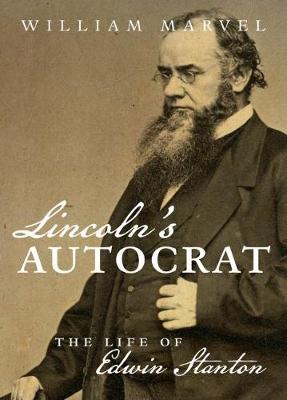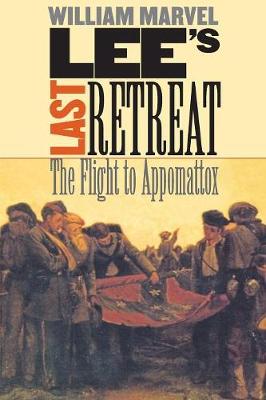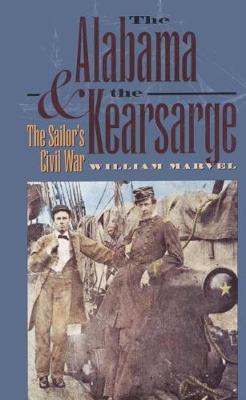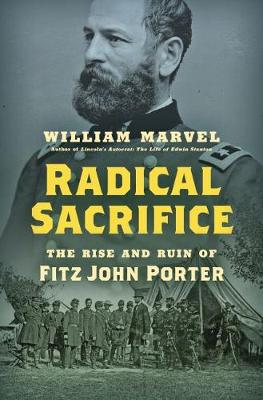Civil War America
1 primary work • 7 total works
Book 1
Though Lincoln's ability to harness a cabinet with sharp divisions and strong personalities is widely celebrated, Marvel suggests that Stanton's tenure raises important questions about Lincoln's actual control over the executive branch. This insightful biography also reveals why men like Ulysses S. Grant considered Stanton a coward and a bully, who was unashamed to use political power for partisan enforcement and personal preservation.
In a biography focusing on the Civil War years, William Marvel reveals a more capable Burnside who managed to acquit himself creditably as a man and a soldier. Along the Carolina coast in 1862, Burnside won victories that catapulted him to fame. In that same year, he commanded a corps at Antietam and the Army of the Potomac at Fredericksburg. In East Tennessee in the summer and fall of 1863, he captured Knoxville, thereby fulfilling one of Lincoln's fondest dreams. Back in Virginia during the spring and summer of 1864, he once again led a corps at the battles of the Wilderness, Spotsylvania, Cold Harbor, and Petersburg. But after the fiasco of the Crater he was denied another assignment, and he resigned from the army the day that Lincoln was assassinated.
Marvel challenges the traditional evaluation of Burnside as a nice man who failed badly as a general. Marvel's extensive research indicates that Burnside was often the scapegoat of his superiors and his junior officers and that William B. Franklin deserves a large share of the blame for the Federal defeat at Fredericksburg. He suggests that Burnside's Tennessee campaign of 1863 contained much praiseworthy effort and shows during the Overland campaign from the Wilderness to Petersburg, and at the battle of the Crater, Burnside consistently suffered slights from junior officers who were confident that they could get away with almost any slur against Old Burn. Although Burnside's performance included an occasional lapse, Marvel argues that he deserved far better treatment than he has received from his peers and subsequently from historians.
Working with personal papers and diaries and contemporary reports, historian William Marvel interweaves the stories of these two celebrated Civil War warships, from their construction to their climactic encounter off Cherbourg. Just as importantly, he illuminates the day-to-day experiences of their crews. From cabin boys to officers, sailors have been one of the most ignored groups of the Civil War.
The sailors' lot was one of constant discomfort and monotony, interspersed with riotous frolics ashore and, occasionally, a few minutes of intense excitement and danger. Housed in damp, crowded quarters, their wartime mortality rate did not reach that of their army counterparts, but service-connected diseases shortened their postwar lives disproportionately. Most of the crewmen ended their lives in nameless obscurity, and their story has remained unwritten until now.
On June 19, 1864, the Confederate cruiser Alabama and the USS Kearsarge faced off in the English Channel outside the French port of Cherbourg. About an hour after the Alabama fired the first shot, it began to sink, and its crew was forced to wave the white flag of surrender. Working with personal papers and diaries and contemporary reports, historian William Marvel interweaves the stories of these two celebrated Civil War warships, from their construction to their climactic encounter off Cherbourg. Just as importantly, he illuminates the day-to-day experiences of their crews, from the cabin boys to the officers.
This revealing new biography by William Marvel cuts through received wisdom to show Fitz John Porter as he was: a respected commander whose distinguished career was ruined by political machinations within Lincoln's administration. Marvel lifts the cloud that shadowed Porter over the last four decades of his life, exposing the spiteful Radical Republicans who refused to restore his rank long after his exoneration and never restored his benefits. Reexamining the relevant primary evidence from the full arc of Porter's life and career, Marvel offers significant insights into the intersections of politics, war, and memory.





